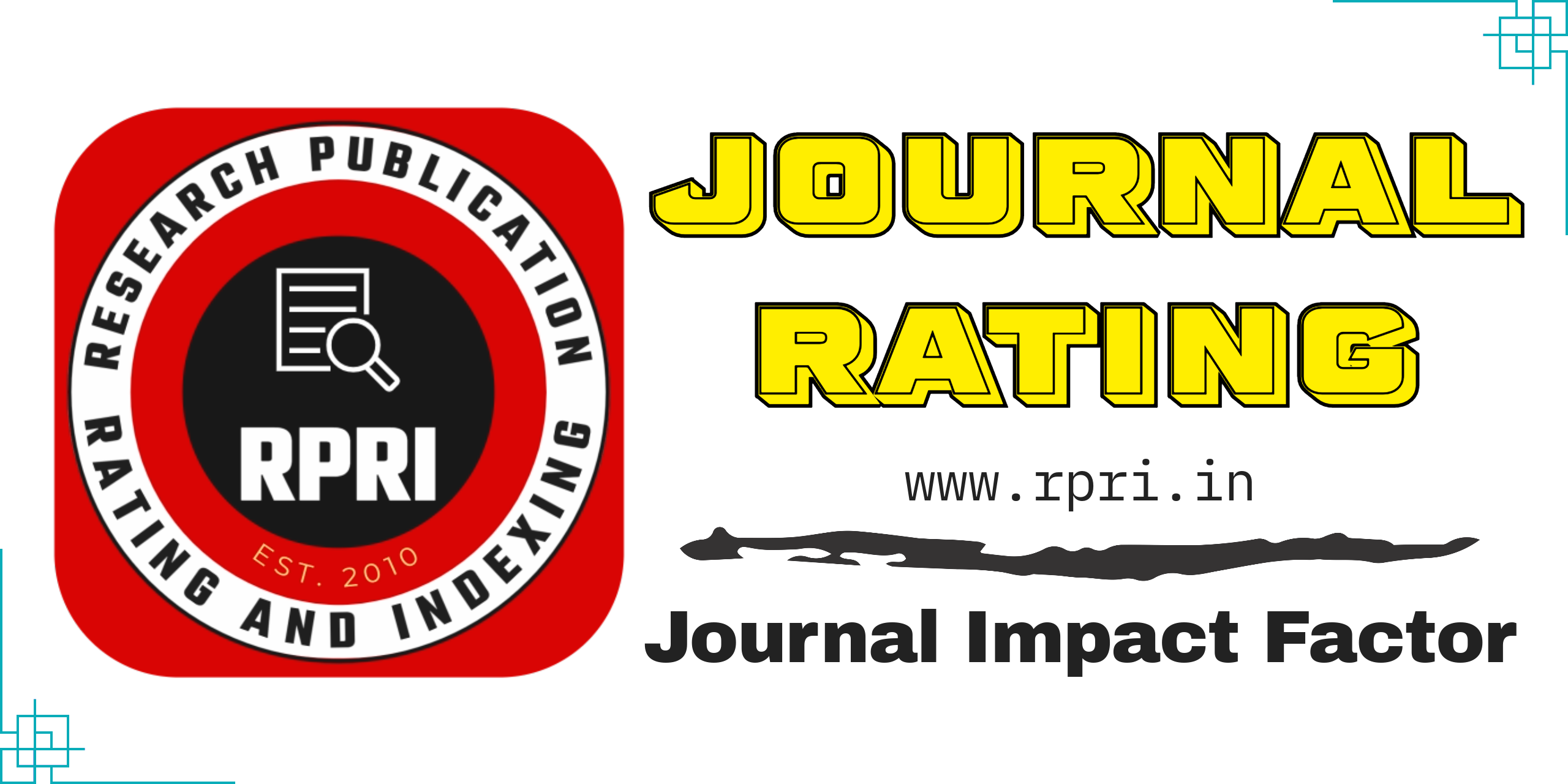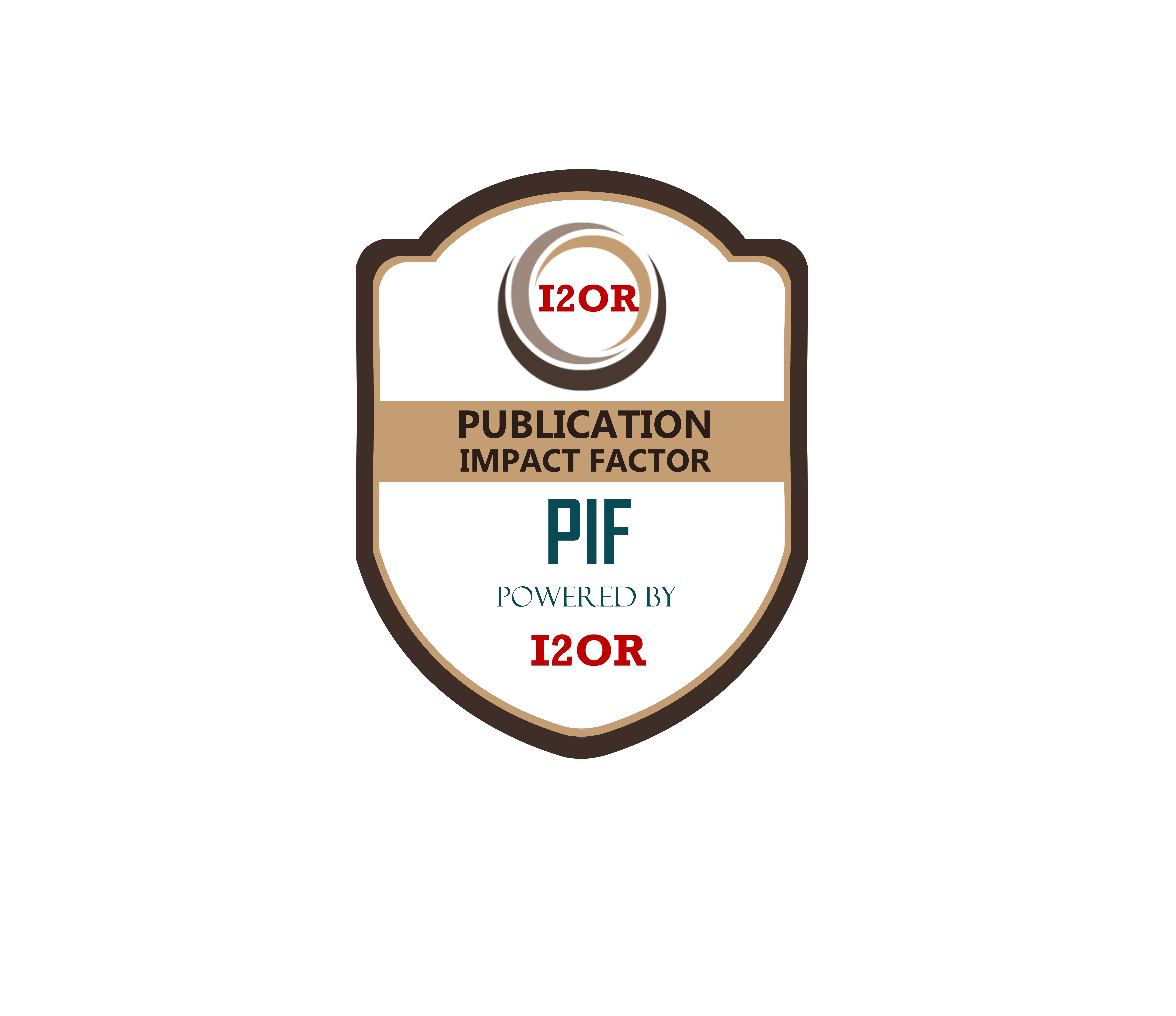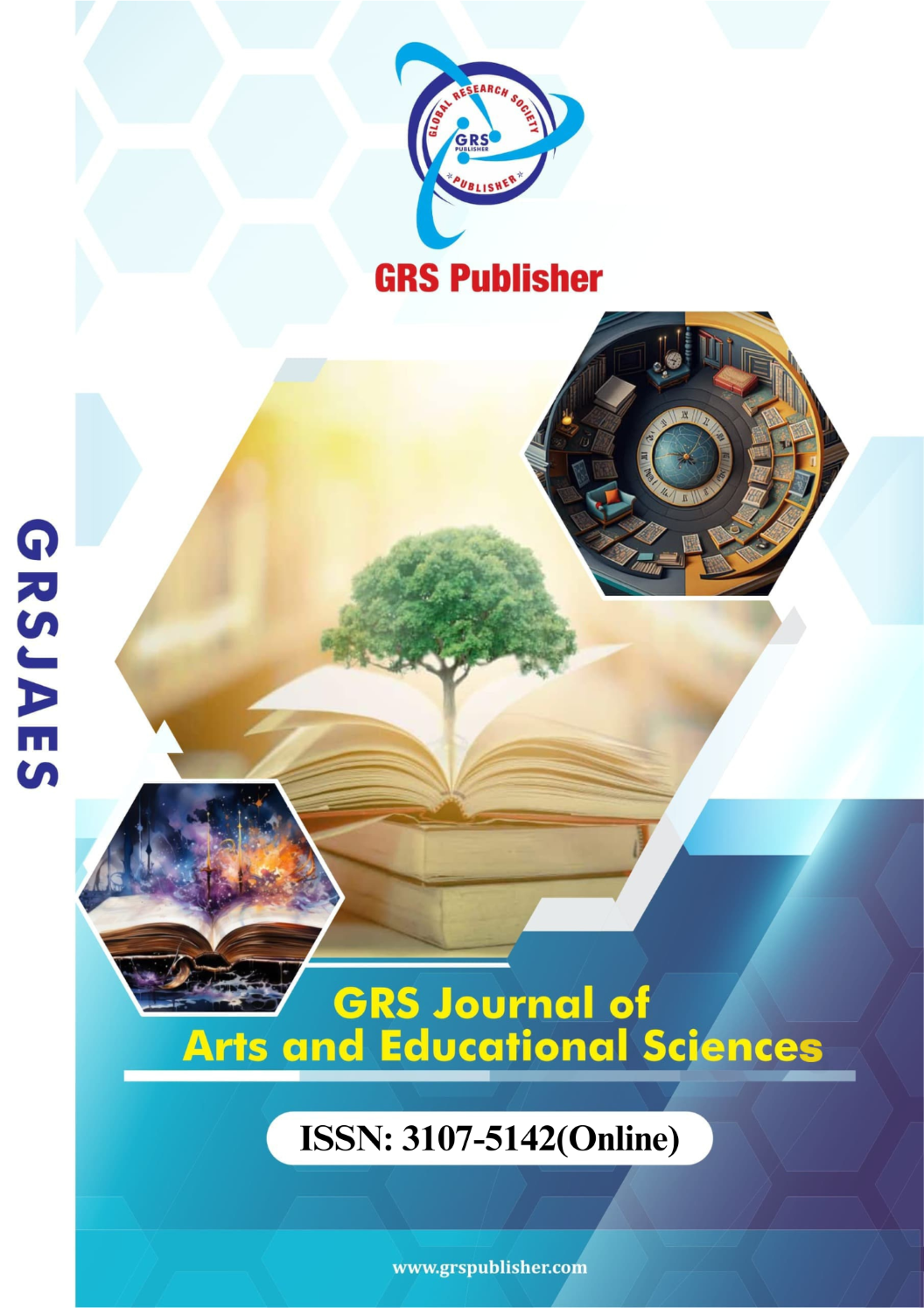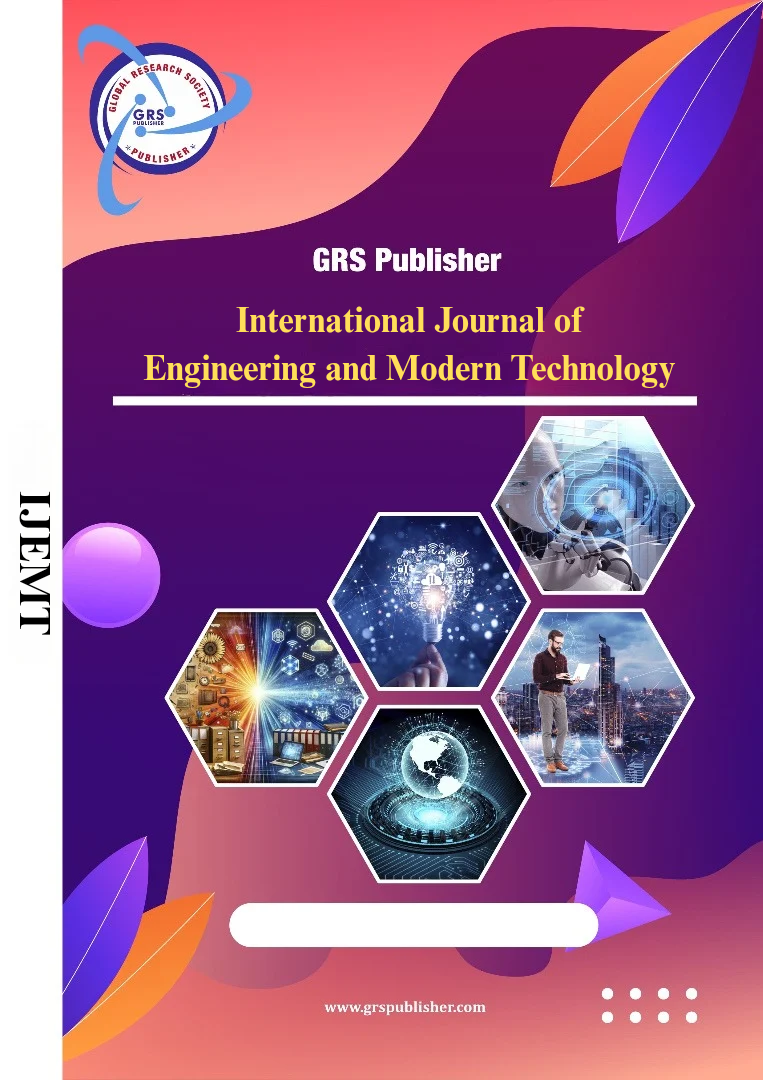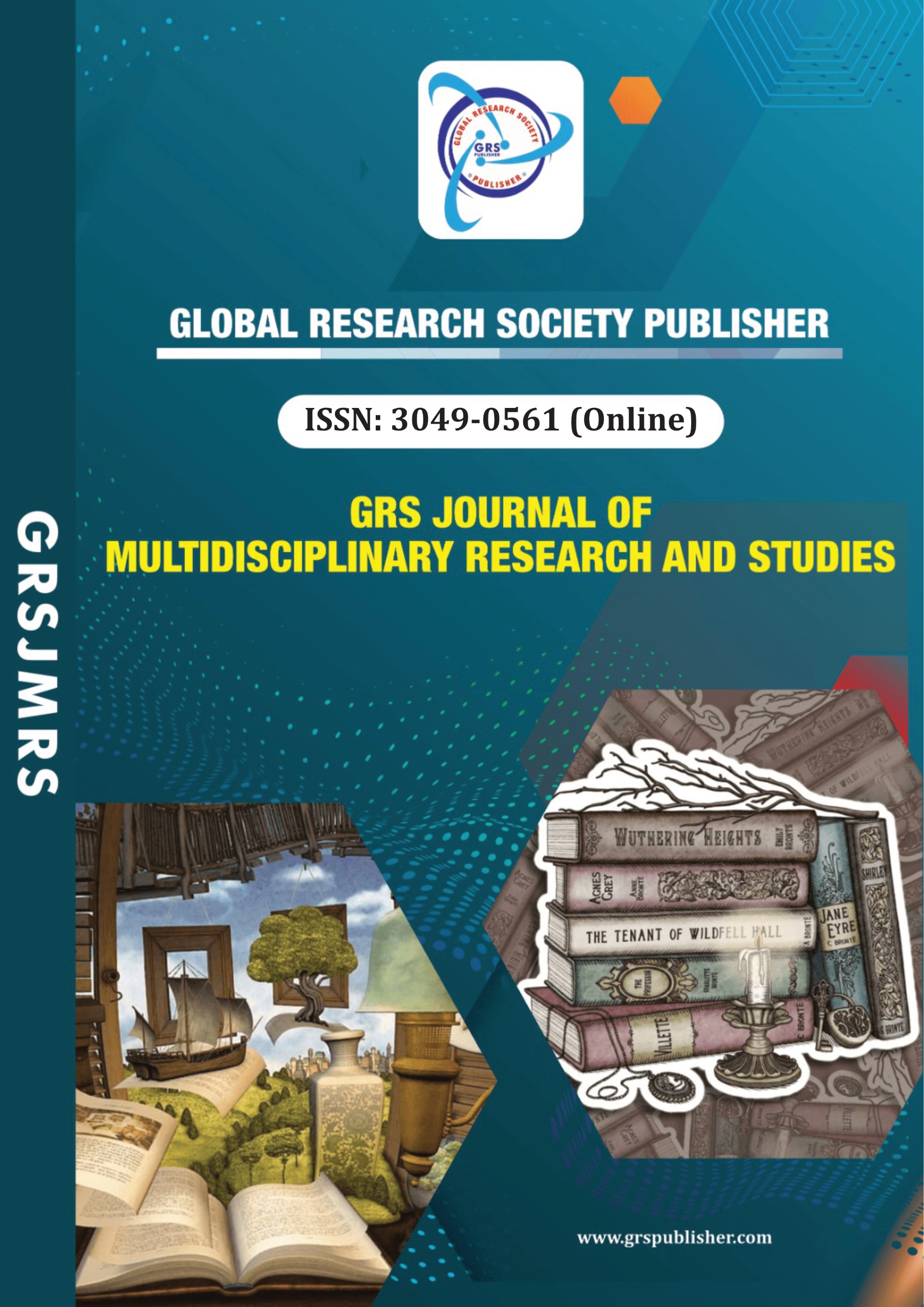GRS Publisher Open Access Policy
Introduction
GRS Publisher is committed to advancing knowledge and fostering collaboration
through open access publishing. Our open access policy ensures that research is
freely accessible to all, promoting wider dissemination and engagement with
scholarly work.
Definition of Open Access
Open access (OA) refers to the practice of providing unrestricted access to
scholarly research outputs, including journal articles, books, and other
academic publications. All materials published under this policy are freely
available to read, download, and share, without financial, legal, or
technical barriers.
Mission and Vision
Our Mission
Our mission is to publish rigorous, peer-reviewed scholarly work that contributes to the
advancement of science, education, and society. We strive to maintain the highest
standards of integrity and quality in all our publications, ensuring that each piece of
research is a valuable resource for the academic community and beyond.
We envision a world where knowledge is freely accessible to all, empowering researchers,
students, and the general public to engage with and contribute to the global dialogue of
ideas. Our commitment to open access ensures that research can be disseminated widely,
promoting collaboration and discovery.
Our Vision
We envision a world where knowledge is freely accessible to all, empowering researchers,
students, and the general public to engage with and contribute to the global dialogue of
ideas. Our commitment to open access ensures that research can be disseminated widely,
promoting collaboration and discovery.
Indexing
Latest Article













